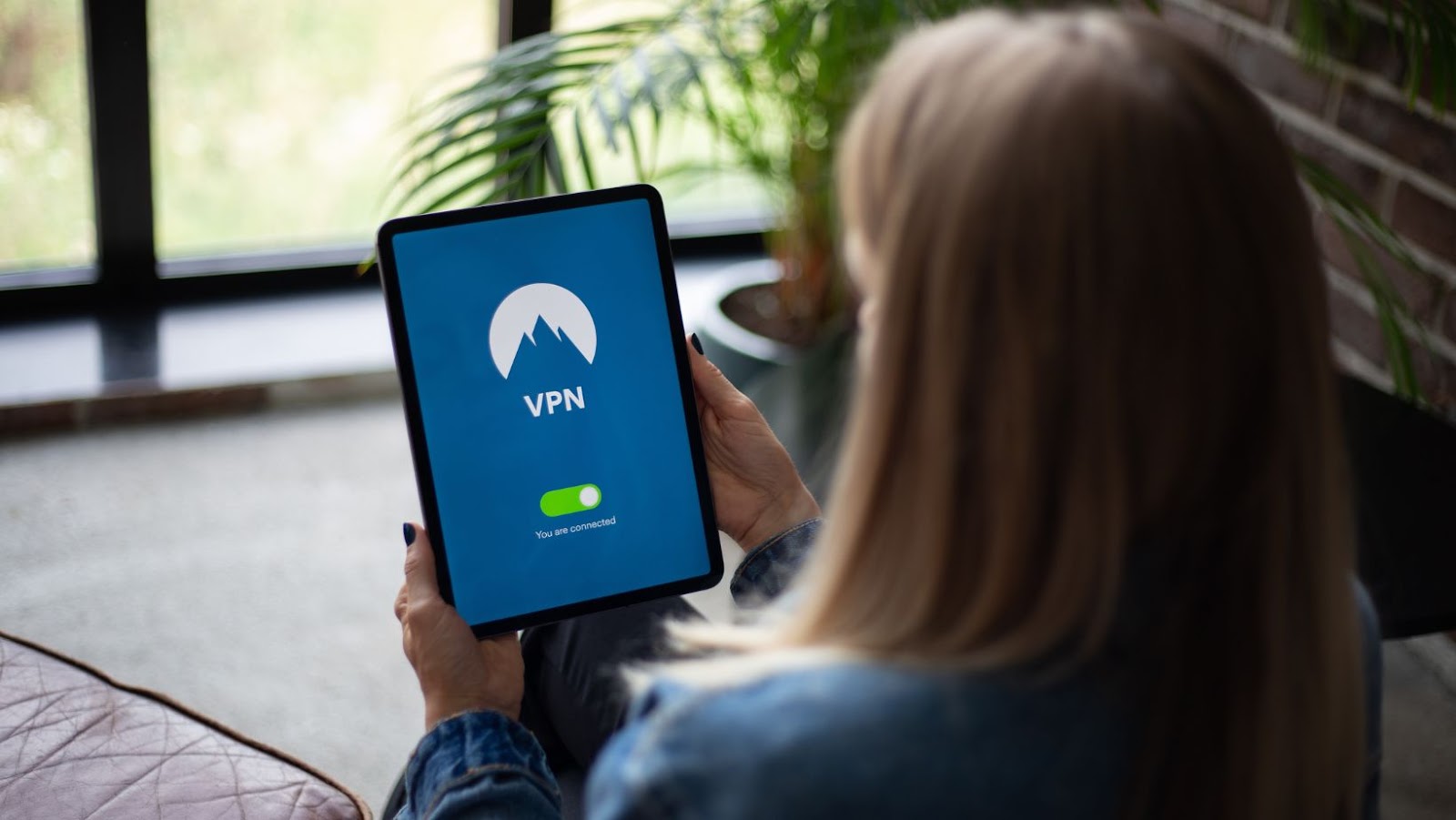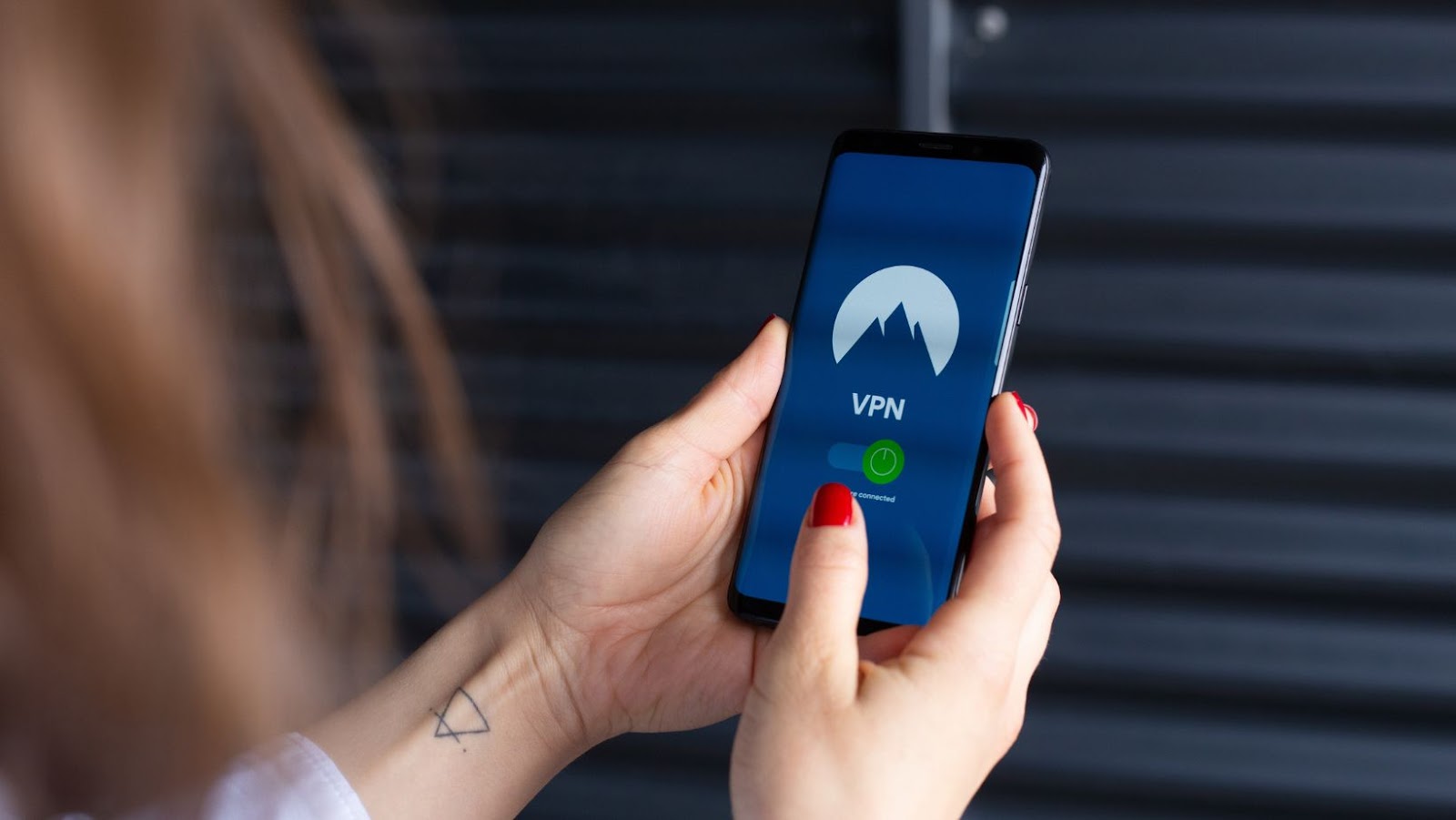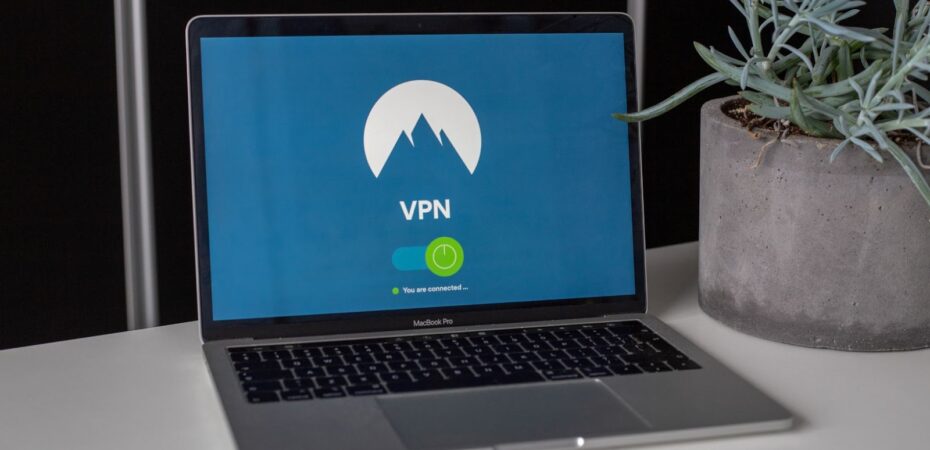Nowadays, every traveler carries a computer. We’re all connected via smartphone, tablet, or laptop when we’re away. Even though this technology simplifies traveling, it also puts us at risk.
We usually overlook cybersecurity when planning our trips, from hacked emails to government spying to stolen credit card numbers. Yes, we will purchase travel insurance to safeguard our health. However, we frequently need to safeguard our information and data.
Thankfully, there is a solution to these worries in the form of a free travel VPN.
Staying Safe With a VPN
A virtual private network provides privacy and anonymity by constructing a private network from a public internet connection. Simply put, they conceal your online activities. This makes them untraceable and keeps would-be hackers from getting to your confidential data.
VPNs were initially made for business use. However, it took only a short time before everyday-user adaptations began appearing from various providers. After all, security is vital to everyone, regardless of whether they have an expense account.
By using a VPN on iPhone, you can enjoy benefits such as bypassing censorship filters, accessing region-locked content, and securing your data while connected to public Wi-Fi networks.
Apart from security, the ability to circumvent geographical restrictions and access content wherever you are traveling is one of a VPN’s most appealing features. Suppose you’re going to Spain. This indicates that you can browse local content as if you had never left your country using a virtual private network.
VPNs are simple to use: you download and introduce a VPN application for your phone or laptop, then fire it up after you’ve connected to the web. After selecting the server or endpoint, you want to use (good VPN apps offer a variety of locations), all of your data is encrypted and moves through the virtual network in seconds.
Hotspotting While Abroad
As you may be beginning to understand, there’s more to VPNs than just convenience. To comprehend their worth, imagine connecting to free WiFi in a public spot while abroad. In principle, anybody could access your gadget the second you sign in. Cybercriminals have set up duplicate networks to get people to sign in so they can steal their passwords and credit card numbers. Therefore, a public WiFi network is only secure with a VPN.

Man-in-the-middle (MITM) attacks frequently target WiFi hotspots. Cybercriminals can utilize Rogue Access Points (AP), or “Evil Twins,” to take your data. Travelers are tricked into sharing their passwords at these illegal hotspots. Let’s say you’re checking emails at your hotel (unless hotel WiFi needs some improvement), and their official WiFi name is “Hotel Name WiFi.” The fictitious network “Hotel_Name_Wi-Fi” can be easily set up by hackers, and when you open your laptop, both appear genuine.
Anyone using a public network is in danger without a reliable VPN. Travelers are particularly at risk because they are no longer protected at home and must use public WiFi. Free WiFi areas of interest in air terminals, cafes, and lodgings, frequently don’t need a secret word, and going on the web without a VPN is possibly dangerous. A public network is not necessarily safe because it appears legitimate.
What to Look for in a VPN
With so many different VPN providers out there, it’s more complicated to pick out which one’s perfect for your travel requirements. Below are a couple of the most noteworthy features you should look out for:
It can be used in as many countries as possible
Not all VPN software is created equal; some are harder to block than others. For example, the Chinese government is known for hindering VPNs, so if a VPN works there, it will work anyplace.
Has good speed
Utilizing a VPN will typically dial back your speed, primarily because your data is going through another server instead of directly to its destination. It decreases in different ways depending on distance, bandwidth limitations, and overloaded networks, among other things.

Has an application for your operating system
Ensure that the gadgets you’re all taking with you are upheld. If you’re traveling with a Mac and an iPhone, search for MacOS and iOS renditions of the VPN programming. If not, ensure you can download Windows and Android apps instead.
It’s easy to set up and use
Even the most advanced software will only be of use if it’s easy to set up or use, and VPNs are no exception. This would entail downloading and running the installer from the provider’s website on Windows and Mac. On Android and iOS, you get it from the App or Play Store.
You are usually instructed to sign up for an account during installation. You may also be asked how you wish to use the VPN and what kind of connection it should make, but the default options are often acceptable.
Wrapping Up
A VPN is a necessary travel companion when it comes to privacy and security abroad. When choosing a VPN for traveling, look at its features and whether it has an app for your device’s operating system.


 By
By 



